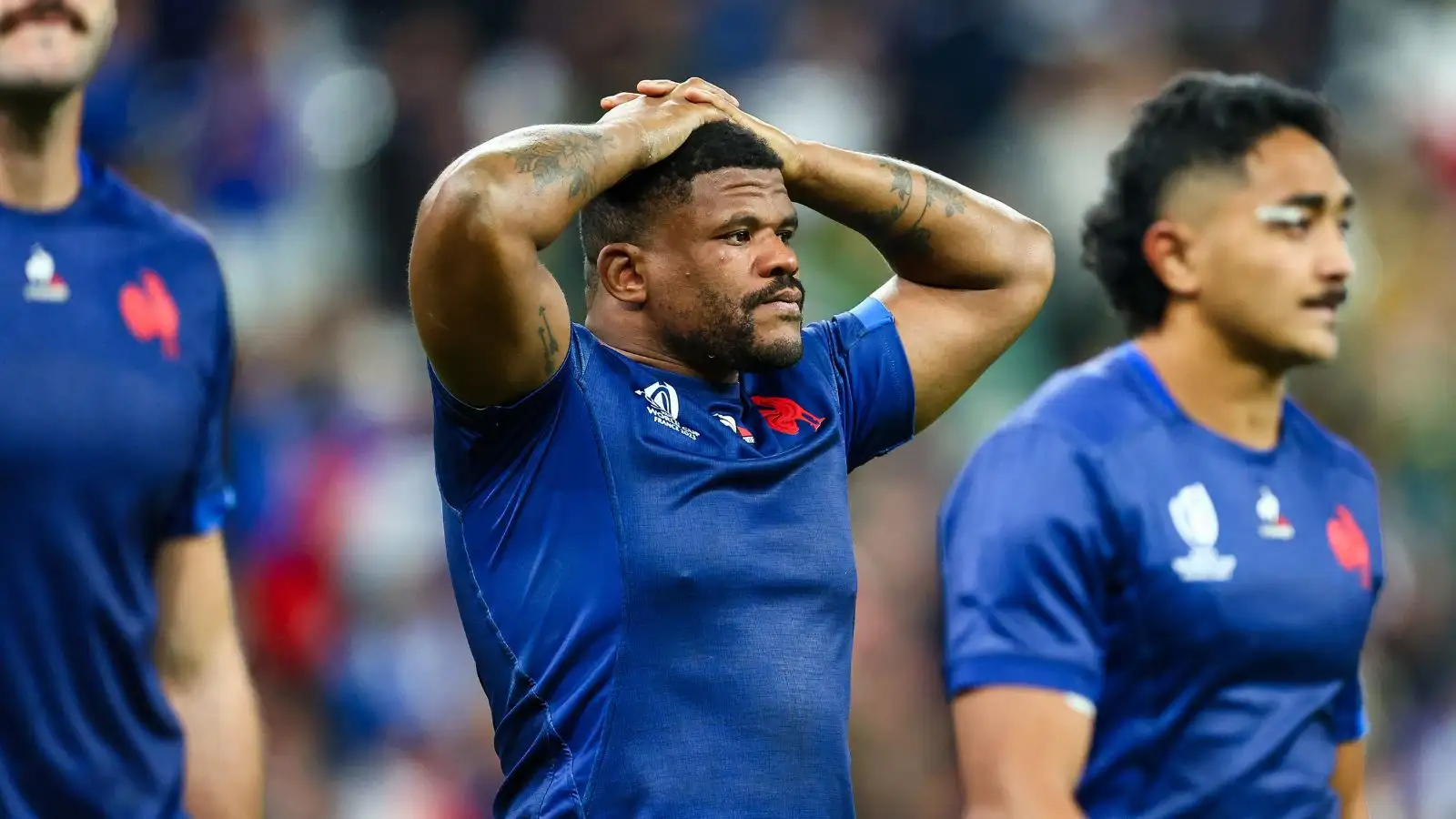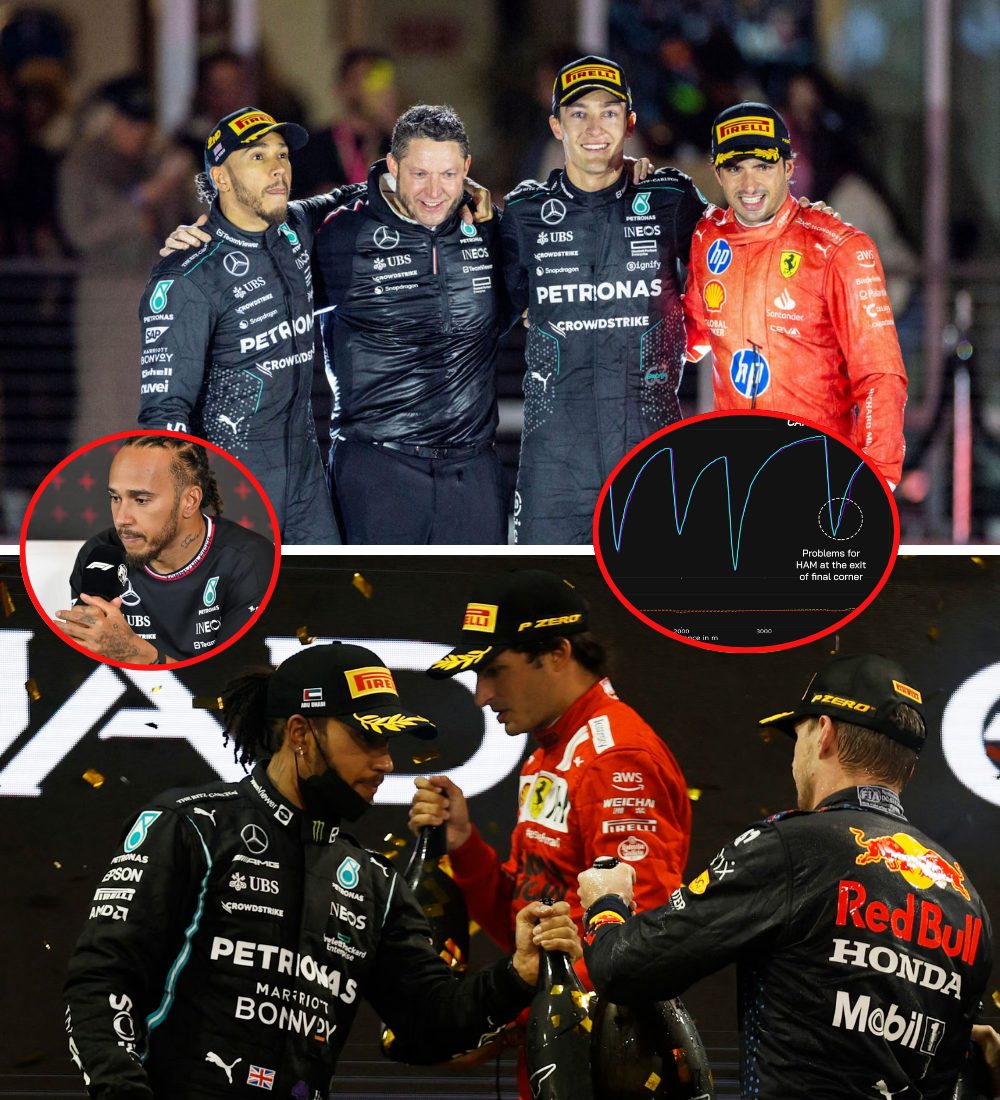Debate continues to rage over the controversial 20-minute red which is edging closer to a global trial after World Rugby proposed the law amendment ahead of November’s meeting.
In a series of proposals announced by the governing body last week, the biggest talking point came around the red card.
Should this amendment go through, it will allow teams to replace a player who has been sent off after 20 minutes.

It has been well-backed in the southern hemisphere, with Australia and New Zealand particularly vocal about bringing it in, while European countries remain far more sceptical.
Foot in both camps
But what about South Africa? They effectively have a foot in both camps having aligned their domestic game with the north while also featuring in the Rugby Championship alongside the Wallabies and All Blacks.
According to SA Rugby CEO Rian Oberholzer, they are siding with their historical rivals.
“SARU supports that (20-minute red). A red card spoils the match,” Oberholzer said back in March.
It is a slightly surprising stance given the Springboks in many ways have led the way in improving their discipline, particularly around dangerous tackles.
They have worked hard to adapt to the clampdown in high shots, but Oberholzer would still like to see the 20-minute red card implemented.
“As a spectacle – when you have 14 play against 15 – as someone said, there is a three per cent chance of the 14 winning. I don’t think that is good for the game or the spectators,” he added.
“We, SARU, will support the 20-minute red card – as proposed by World Rugby.”

His words echo that of New Zealand Rugby CEO Mark Robinson, who has long been an advocate of bringing in the law amendment.
“We’re the only sport in the world that creates a mismatch like we do and still expects fans to turn up and pay for it,” Robinson told the Guardian in July.
“I think it’ll be good to see the red card come down in terms of the amount of minutes players spend off the field. We’ve got to keep driving hard at keeping the fan at the very forefront of what we’re doing.
“There are more trials going on but that’s one thing we really believe in. Along with anything that can speed the game up, create more entertainment value and encourage less intervention from TMOs.
“You cannot have your sport stopping for two minutes at a time and taking two hours duration and connect with fans who are coming to games expecting something else.”
The view of the southern hemisphere giants is at complete odds with those in Europe. France have been the most vocal in their criticism of the law and on Monday slammed the decision by World Rugby to put forward the 20-minute red card proposal.

“Although some believe that this rule will promote smoother play, statistics provided by the FFR to World Rugby show that a red card does not systematically mean defeat for the penalised team,” a joint statement from The French Rugby Federation (FFR), the National Rugby League (LNR) and Provale read.
“Indeed, the analysis based on 480 TOP 14 matches and Tier 1 international matches shows that only 60% of the teams receiving a red card lost at the end of the match.”
“For the FFR, the LNR and Provale, the red card is a crucial tool which deters unsportsmanlike behaviour and protects the physical integrity of players.
“Turning this sanction into a temporary expulsion could encourage dangerous behaviour, thereby compromising player safety, which must remain the top priority.
“French professional clubs and national team management emphasise the need to maintain a firm attitude towards unfair play. The red card as a collective sanction aims to preserve balance and fair play, and its reduction to an individual sanction would weaken this essential function.
“Furthermore, this rule would mark an unacceptable step backwards on the measures put in place for several years to reduce head impacts and encourage players to have greater technical mastery in contact.”





